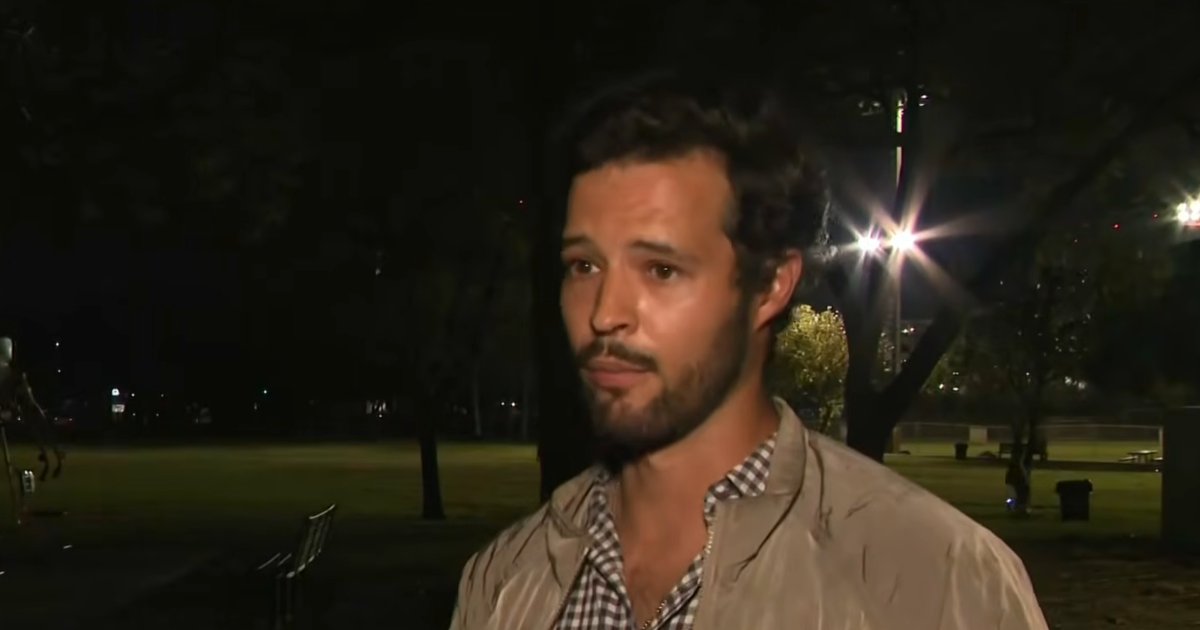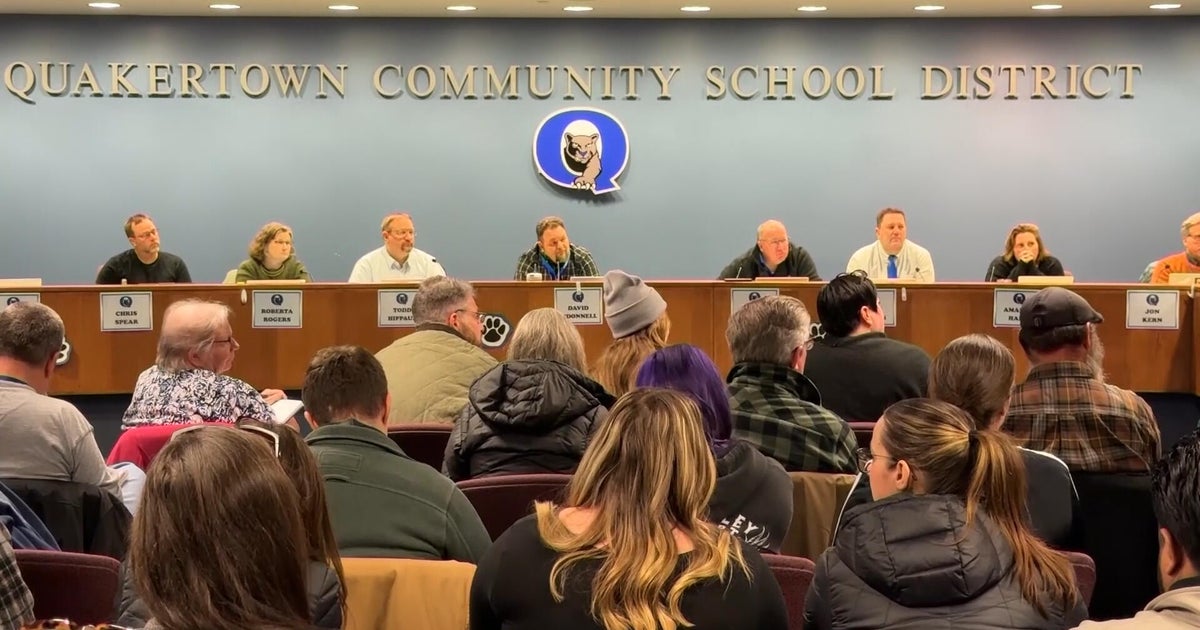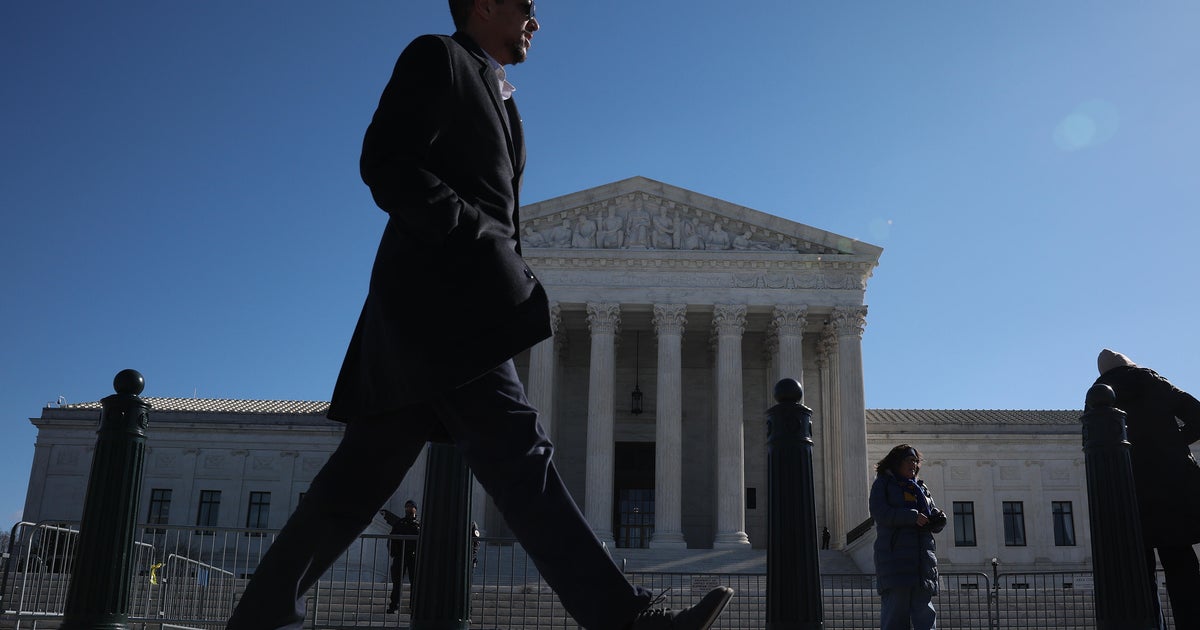Scott Says Florida's Cuba Bill Signed Tuesday Is Unenforceable
MIAMI (CBSMiami) – Lost amidst the fanfare of several high-level Republicans touting a new state law signed by Governor Rick Scott in Miami Tuesday was one little detail, it was unenforceable.
Governor Scott and a who's who of local Republicans were on hand when Scott signed a bill that prohibited state and local taxpayers from hiring firms that do work in Cuba and Syria. But immediately after signing the bill and leaving the stage, Scott said the law was unenforceable.
The reasoning behind Scott's declaration comes from multiple Supreme Court cases that have said states can't restrict business operations that could violate the Supremacy Clause of the U.S. Constitution.
"Florida law restrictions related to foreign commerce might be federally preempted, and therefore unconstitutional," Scott wrote. "Because such a conflict may exist, the restrictions will not go into effect unless and until Congress passes, and President Obama signs, a law permitting states to independently impose such sanctions against Cuba and Syria."
Sen. Rene Garcia, a Hialeah Republican and sponsor of the bill, said he was blindsided by the Governor's decision not to enforce the law.
"He can't say the bill will become effective only if the Congress acts. I have never heard that. I don't know where he gets his executive authority to do that," Garcia said.
Garcia said he will consult with the Senate's legal counsel and decide whether to challenge the Governor's position.
Congresswoman Ileana Ros-Lehtinen, a Republican from Pinecrest, was among those wondering why Scott would sign a bill into law with his fingers crossed.
"It's a law," Ros-Lehtinen said. "You can't sign a law and say, 'I didn't really mean it.'"
Scott spoke on Spanish-language radio before Tuesday's signing ceremony and made it clear he would need the federal government to endorse the measure before it could be enforced.
"We do have to wait for the federal government to pass a bill to make it operative," Scott told WQBA radio host Bernadette Pardo. "I call on President Obama. He has to pass federal legislation to make it operative, and I call on President Obama to do that."
Florida International University law professor Jose Gabilondo told CBS4 News he believes the state law will have a hard time standing on its own.
"In the constitution, some federal powers are supreme," Gabilondo said. "One of those powers is to regulate international and interstate commerce. I think a judge would find the law poses serious constitutional issues."
Scott's move did not sit well with U.S. Representative David Rivera, who threatened legal action against the Governor if he doesn't enforce the bill. Congressman Rivera, Mario Diaz-Balart, Connie Mack, and Congresswoman Ileana Ros-Lehtinen all backed the bill, according to CBS4 news partner the Miami Herald.
The calls for stopping trade from Florida with China were not in the Florida law that was passed, even though human rights organizations say the Chinese regime is one of the worst and most repressive in the world.
Still, Governor Scott's staff advised him to issue the letter yesterday declaring the law unenforceable. The Republicans who said they were blindsided said the law will still go into effect on July 1.
One way or another, the law will likely end up in court.







